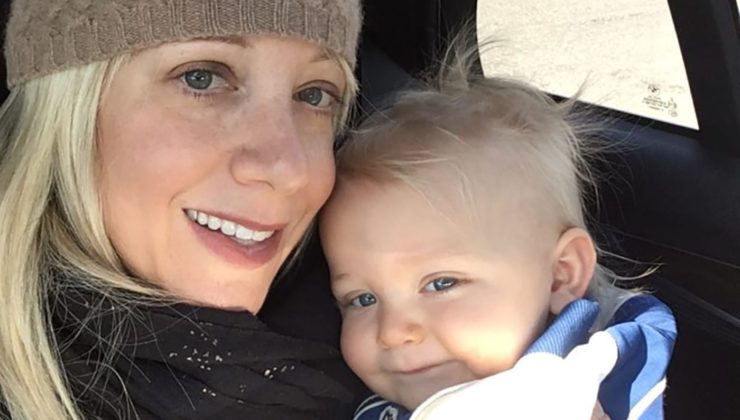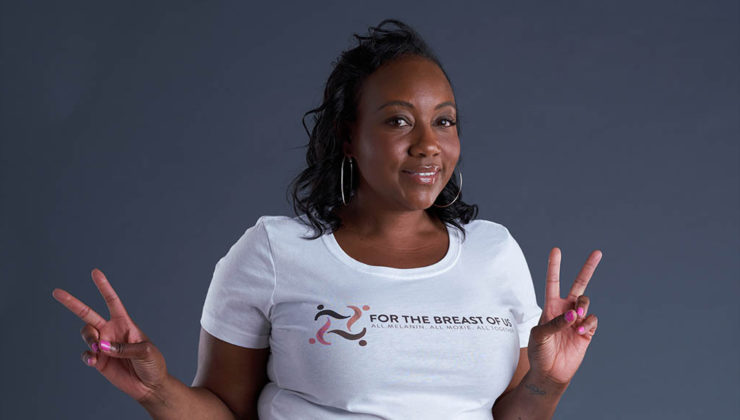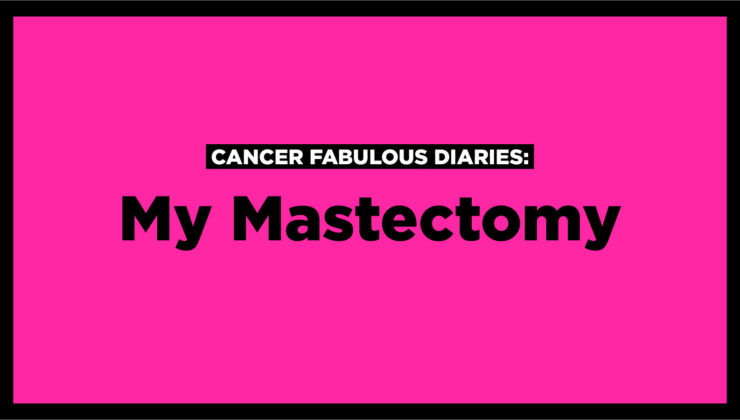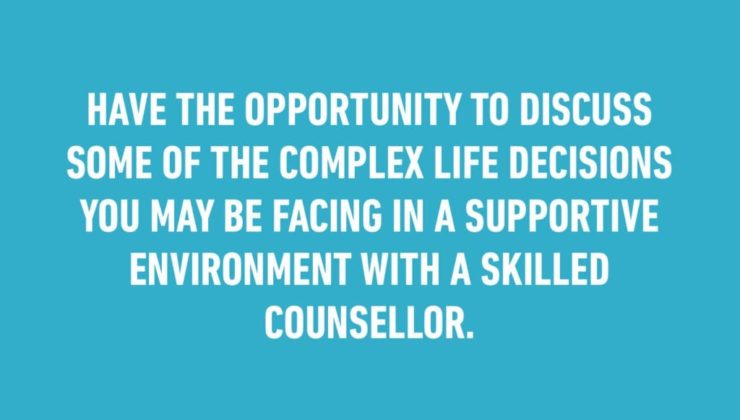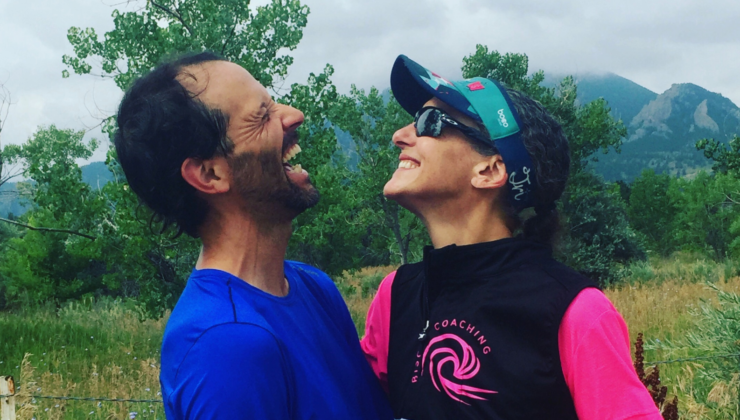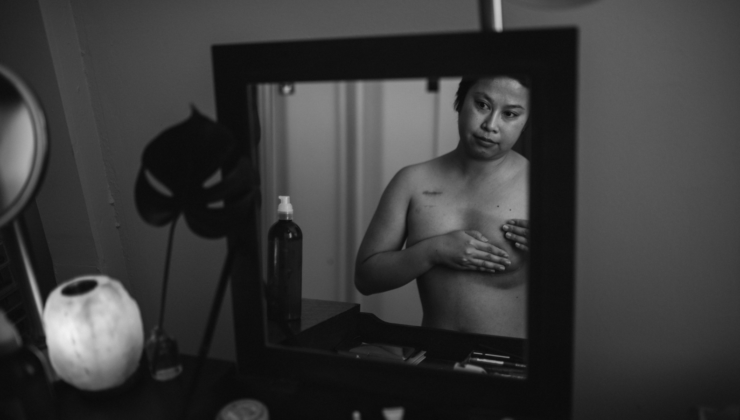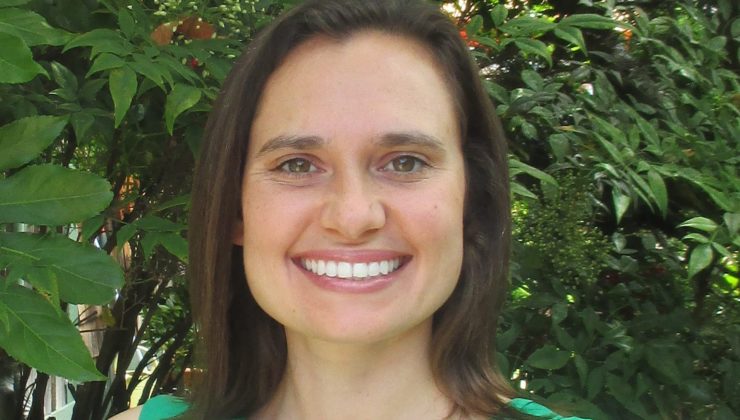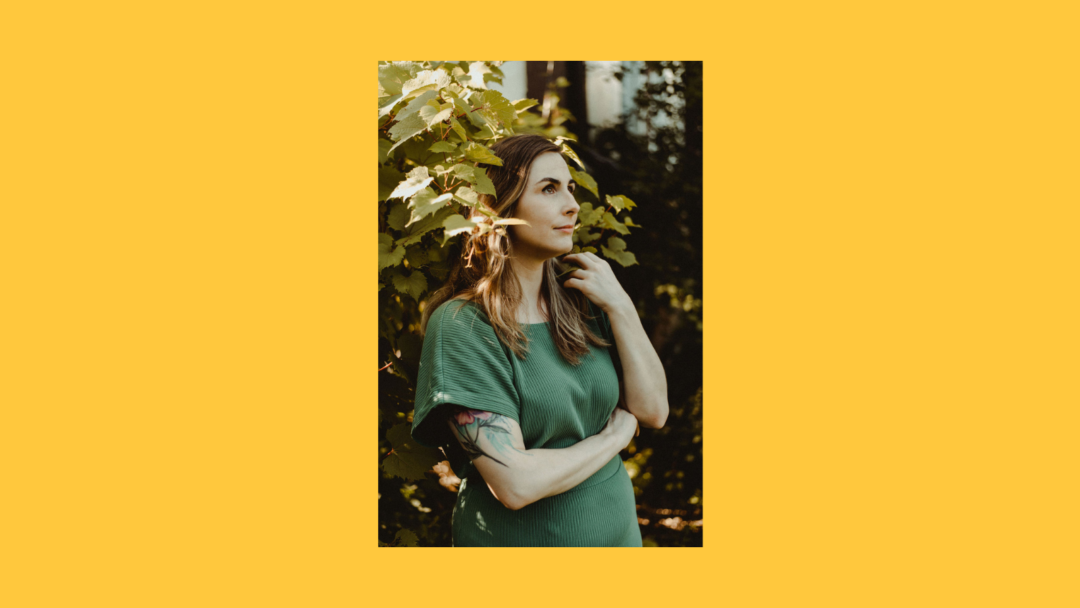
Finding Support as a Single Person With Cancer
June 29, 2023
I got the test results that said I had cancer on December 30, 2022. I was alone, which was not unusual since I live alone; they came through the online portal. (Someone said to me once that I could have waited to look. I still sometimes wonder what kind of person could know that information was online and not look.) There it was: Invasive carcinoma of the breast.
I didn’t feel like the kind of person who got breast cancer, even though my strong family history meant that I was at a higher risk to get it in my lifetime. I spent my 20s and 30s going to school and working all over the world – living in Baltimore, New York, Washington, DC, Casablanca, Toronto, and Ottawa – before landing back in Toronto by choice at the end of 2020 when the pandemic made it possible to work from home permanently. Before my diagnosis, I was pursuing a Doctor of Public Health degree at the University of Toronto, working full-time, consulting on the side, and pitching in to help with the books at my dad’s legal practice – that is to say, I was busy but fulfilled and happy with my life.
But here’s the thing: I’m 37. I’m single and I live alone. My biological family – my dad and my sister – live in Calgary and Winnipeg, respectively, and I’m in Toronto. My best friend’s auntie and uncle in Oklahoma have also more or less adopted me. My support system in Toronto is my best friends, which was perfect when I was healthy: A reciprocal system of cat-sitting and emotional support and late nights drinking on someone’s sofa, relationships that brought me joy and made me feel grounded and confident in how I lived my life.
What happens when, suddenly, one of you needs more than that? A lot more than that?
Unconventional
A lot of the advice for breast cancer patients felt irrelevant to me, made for people with husbands and kids (parents just around the corner), for people who own houses instead of renting a condo, for people whose community is centred around their nuclear family. I suddenly felt as though I had failed by not finding someone who it was acceptable to ask for help and support, someone who was expected to be there for me. I had never had a burning urge to prioritize finding a longterm relationship, but after my diagnosis my “if it happens, it happens” attitude felt lazy and irresponsible where before it had always felt authentic and easy.
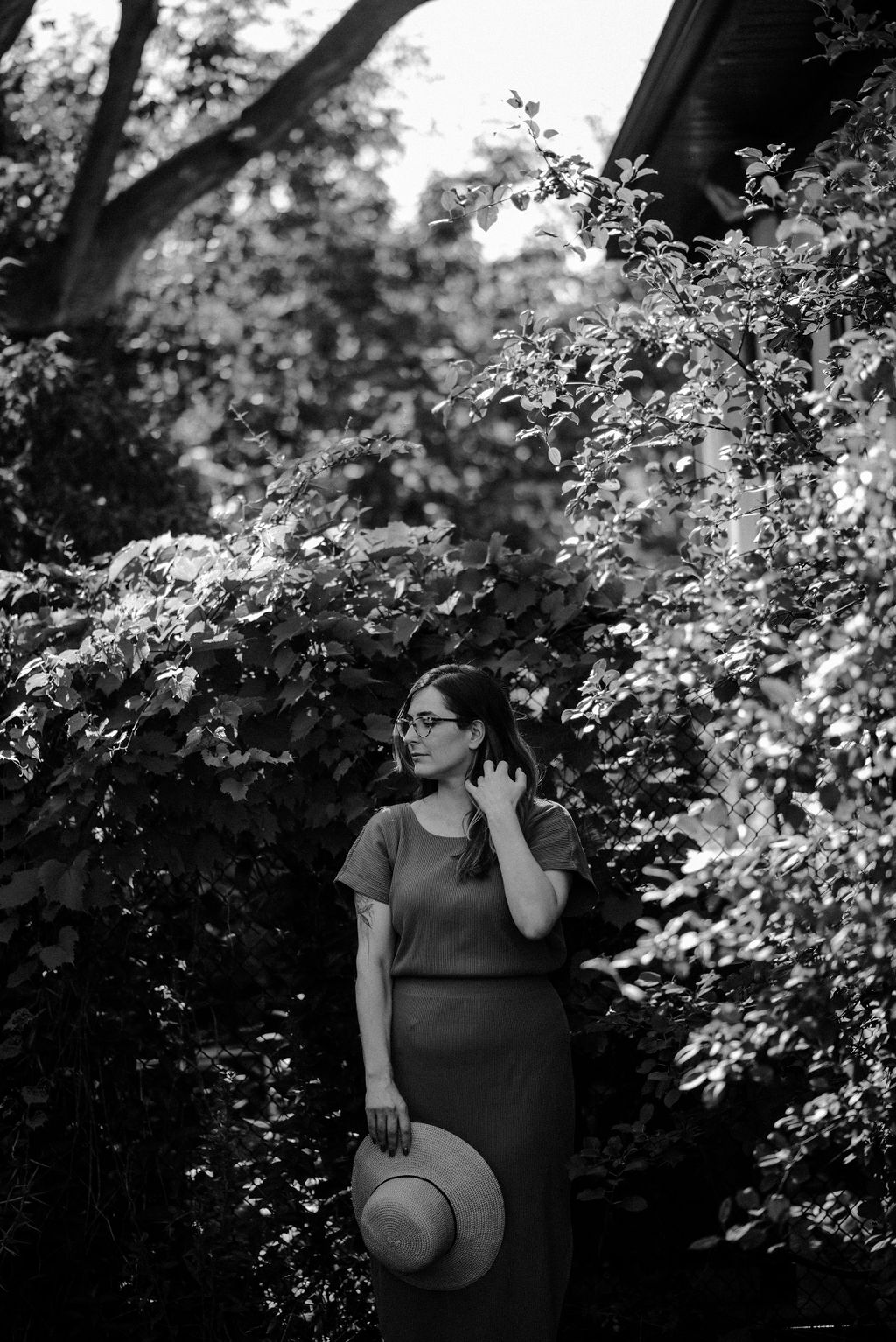
A lot of the advice for people my age with breast cancer is to lean on your significant other, on your immediate family. Since I didn’t have a partner and my family aren’t in Toronto, my best friend became my de facto family member, driving me to and accompanying me to every appointment in the first awful weeks after diagnosis – even recording the appointments so we’d have a record. It felt like a lot to ask, but she reminded me more than once that she wanted to be there.
Things changed a bit when I leaned into my personal support network being what it always had been: A lot of different people connected by time and friendship and love across many countries and stages of our lives. It felt like finally being able to take a deep breath. This isn’t for everyone, but I posted to my social media about my diagnosis once I’d made decisions about work and school, a head’s up to everyone that if they wanted to be there, I wanted them there. That week, I chatted with friends from high school, people from jobs long past, and a ton of people whom the pandemic and busy lives had just made it tough to stay in touch.
How to be single: Cancer edition
There’s probably not a blueprint for how to have cancer, whether you’re single, coupled up, practicing ethical nonmonogamy, widowed, or anything in between. As I’ve learned, every person’s cancer is individual, specific to that person and the cancer cells that happened to proliferate within them. But I have some tips for people like me, who are navigating this with a different set of people and resources than might be expected.
Accept help. It doesn’t matter if you’re single or not; for many people, when they hear you have cancer, their first question is, “What do you need?” or “What can I do?” – and it feels super awkward to say anything except that you’re fine, really, if you’re really used to being independent. But you’re not fine, and everyone knows it, so I would suggest trying to accept help where and when you can. (Everyone giving me the disappointed face gif and telling me to accept my own advice: I know, I know.)
Know that different things will help in different ways. My dad has been wonderful through this process; he set up weekly video calls with himself, my sister, and my step-brother, which I’ve loved. As I mentioned, my best friend made herself my person – recording all my important appointments, being my point of contact during my surgery, and letting me cry in my car when things were overwhelming. Another friend living up North bought me an Audible subscription (amazing when you’re too tired from chemo to even watch TV!) and keeps topping up my Starbucks card; others have sent money toward meals, texted me randomly to see how I’m doing, or sent memes. A friend from grad school sent me a care package of “sunshine from Texas.” My writing group’s Discord lets me connect with friends throughout the day, which helps when I feel isolated and lonely (which is often).
Support helps. It reminds you that you’re not in this alone, and that there will be a life to get back to after treatment. That sense of community can carry you through some pretty heavy times – and it will give you something to give back to, or to pay forward, when you’re able. Don’t think of it as taking up too much of a finite resource (people’s care); instead, try to think of it as receiving care that you will be able to return one day, a part of living in community where nothing is ever hoarded or used up.
Give yourself – and others – some grace. My DMs are a nightmare to me: So many people being nice that sometimes it feels physically impossible to accept all the niceness. I’m trying to give myself some grace in getting to them, rather than letting it stress me out. Practicing compassion toward myself has never been my strong suit, but it’s becoming increasingly important as I move through the process. Cancer treatment is already hard enough on your mind and body; contributing to that is counterproductive.
There are also times when people say the wrong thing, or don’t say anything at all. You know what? Cancer makes people awkward (myself very much included). It’s weird and scary, which means sometimes people aren’t at their best. It makes me feel a lot better to ascribe any weirdness or rudeness to that awkwardness, rather than focusing on it.
Remember that you didn’t do it wrong. Those feelings I talked about earlier – that I had done my life wrong by not partnering up by the withered old age of 37 – never went away, but I had to remind myself that I didn’t do it wrong. Whether you’re single by choice or by circumstance, your relationship status is not pass/fail, and people in all circumstances deserve to be supported and cared for when they’re dealing with a major medical issue like cancer. Challenging those thoughts and perceptions of failure when they come up is really important – your brain really does hang on to things if you don’t vocalize them and set the record straight.
Let yourself feel your feelings. There’s a lot of pressure on cancer patients to be positive and upbeat, which just makes feeling negative, depressed, anxious, or sad feel worse. I’ve had to learn to give myself room for those feelings; it’s so important to have the breakdowns, to feel lonely, to just fully spend an entire day crying. This whole thing sucks, and no matter how much support you have, sometimes those feelings have to come out. It’s not ungrateful and it’s not weak.
I also sometimes like to remind myself of all the things I love about my single life: travelling whenever I want, getting the entire bed to myself to starfish in crisp fresh sheets, eating what I want for meals every single day and only cooking if I feel like it. Romantic relationships are nice, but have you tried not having someone talk to you before 9am? — Lauren Brander
Read more from the community on being single and navigating cancer, here!

